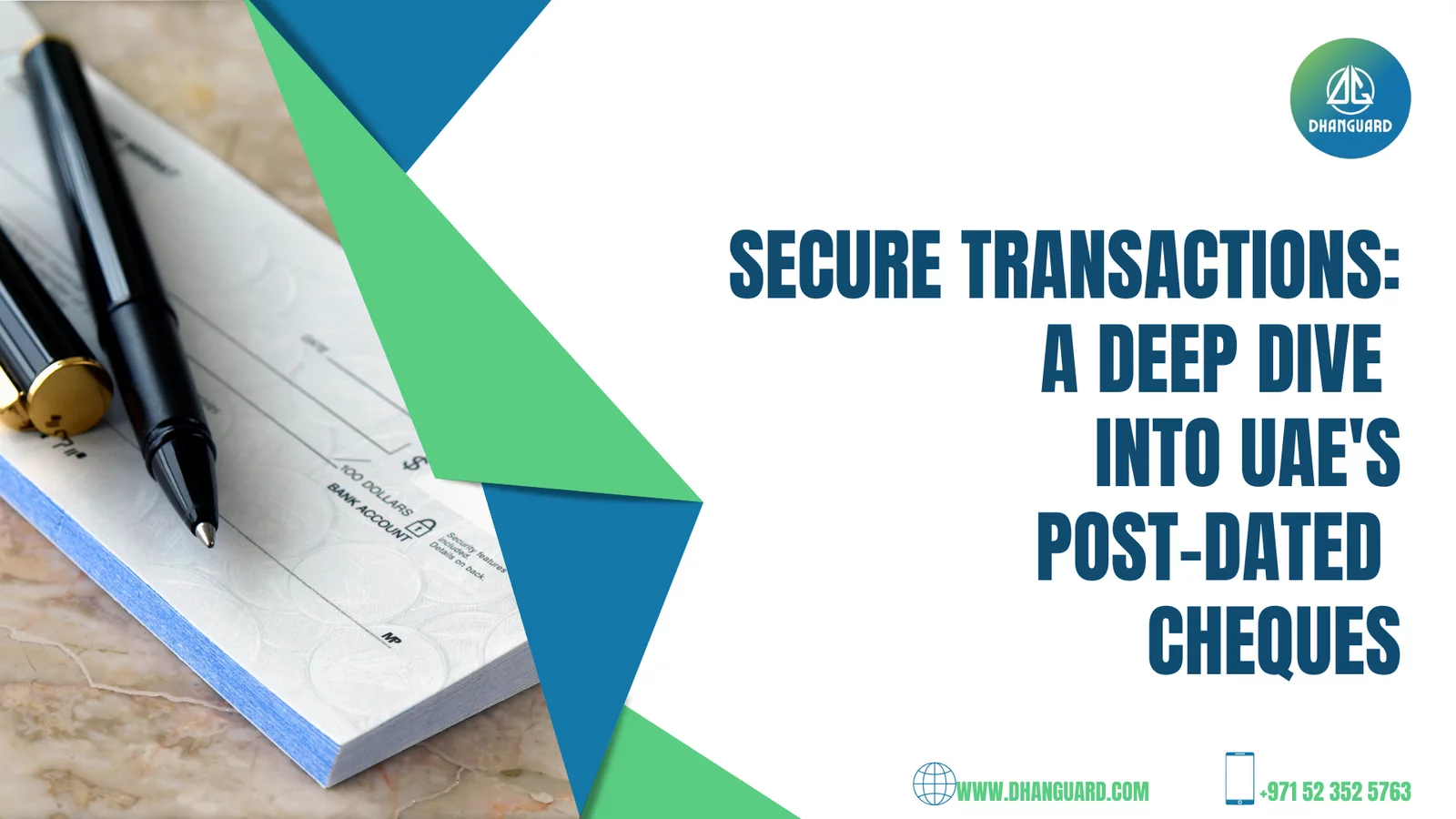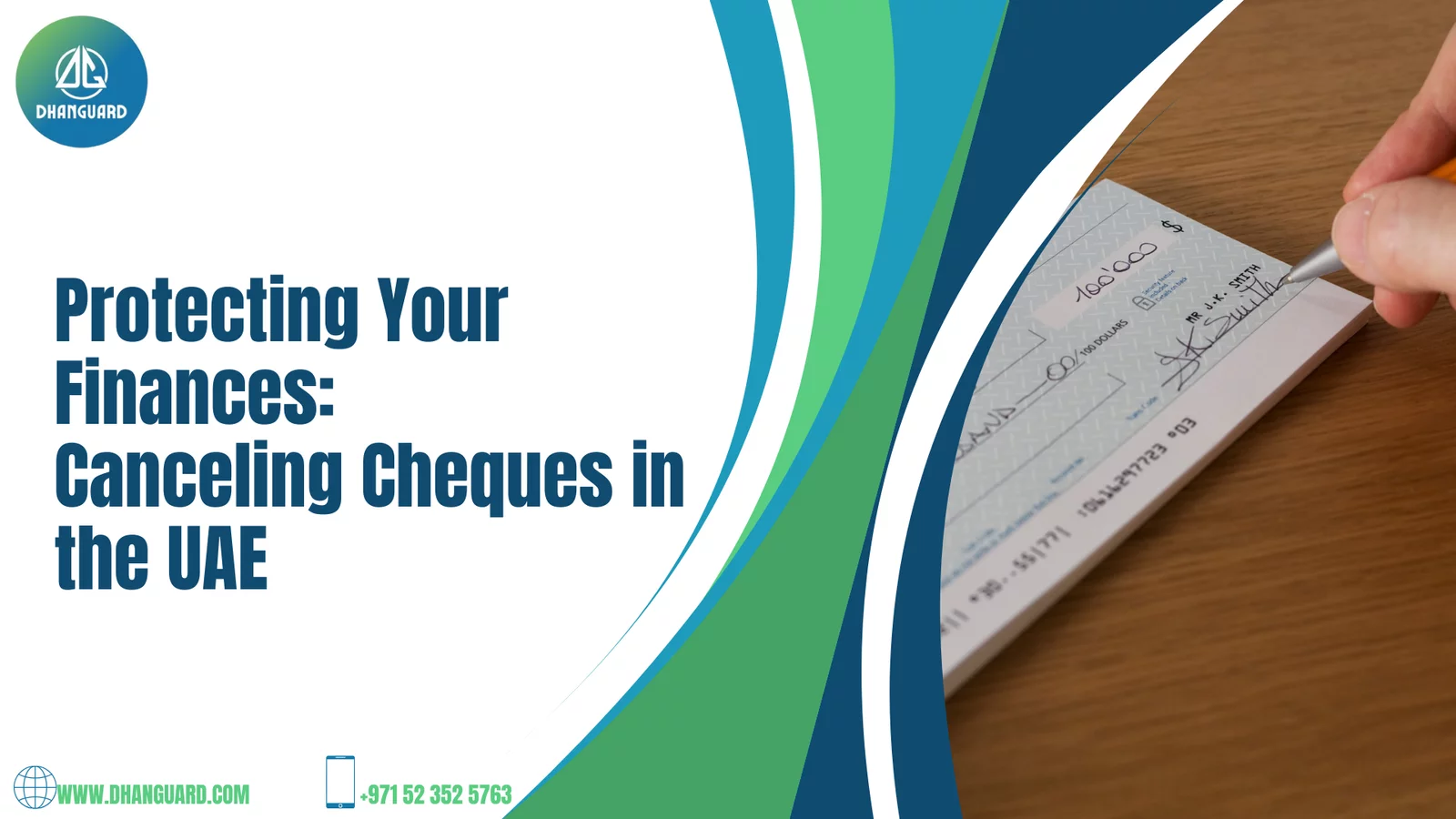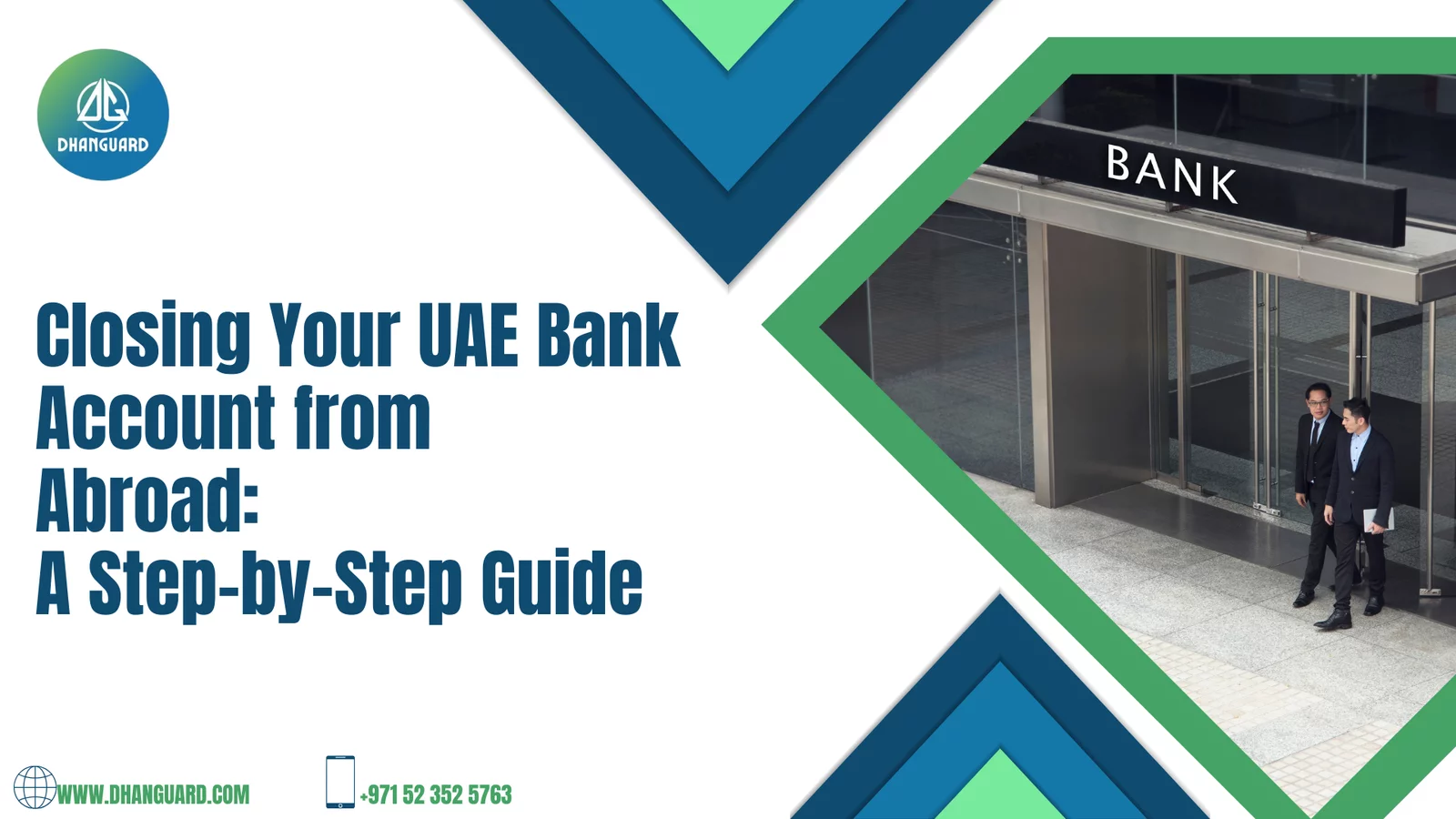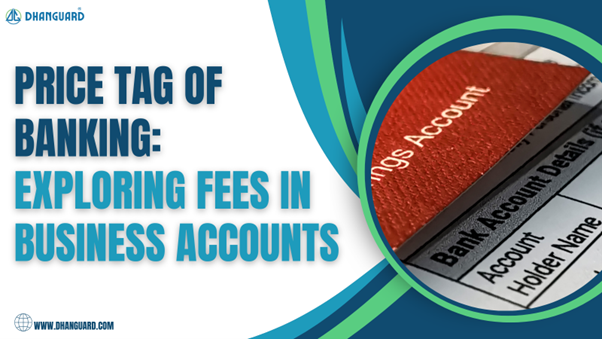A cheque is a valuable financial tool that helps to eliminate the use of physical cash. At the time of account establishment, every bank account holder is given a Cheque Book. The number of cheques in a bank's cheque book used to be 25, but the UAE Central Bank decreased it to ten. These rules about limited checks do not apply to all consumers. Customers with a solid credit history can acquire a cheque book with 25 leaves.
In addition, depending on the bank, corporation accounts may receive extra cheques in the book.
- A Cheque Book is a compact book that contains preprinted paper with information about the customer's checking account.
- Checks in a Cheque Book are given to a seller in payment for goods or services, acting as a bill of trade.
- When a check is received, it is deposited in the receiver's account, and the funds are transferred to the payee's account once the check has cleared.
- Cheque Books have become outdated as a result of the introduction of credit cards, online banking, and smartphone apps.
How A ChequeBook Works?
A Cheque Book is a collection of checks that can be used to make purchases, pay bills, or pay for anything else that necessitates payment. More consumers are making purchases and paying bills online as a result of the development of internet commerce and banking, reducing or eliminating the necessity for paper Cheque Books.
Cheque Books typically feature a specified number of numbered checks as well as a register where users can keep track of check information and account balance statements. A consumer must fill out particular information on the check and then sign it before it is handed over in exchange for products or services or any money. The date, the name of the individual or firm, and the address are all required fields.
Obtaining a Cheque Book from a Bank
Despite the fact that the use of cheques has decreased as credit cards and debit cards have become more common, a significant percentage of people still utilize cheques for larger transactions. The first cheque book is usually provided free of charge by most banks, and subsequent cheque books must be sought for at the bank or by other ways.
Cheque books can be ordered in a variety of ways, including:
Banks accept applications.
The primary and most common method of obtaining a cheque book in the UAE is to go to a bank. A check book request letter can be presented to the bank by the account holder. The account holder's name, account number, and mobile number must all be included in the letter.
Banks also provide a counterfoil, which must be supplied when ordering a new chequebook. The account number, name, and address are all listed on the counterfoil. Any other individual listed on the counterfoil can also receive the cheque book.
ATM
Some banks offer the option of requesting a new check book from an ATM. Follow the steps below to access your bank's ATM.
- Take the card and swipe it.
- Fill in the PIN code.
- You can request a new chequebook under "Other Services" under the "Other Services" section.
- You can choose how many leaves you want in the book.
The check book will be sent to your account's registered address through postal mail. However, not all banks allow you to request a cheque book through an ATM.
Online Banking
Aside from going to the bank, this is one of the most common methods for getting a new Cheque Book.
- Log in to your Online Banking account.
- Go to the services area of the website.
- Locate and select the "New cheque book request" option.
- You can be asked how many leaves are required in the book.
- Fill in the blanks with the relevant information.
The check book will be sent to your account's registered address through postal mail. This service is only available to customers who have registered for mobile banking or internet banking.
Mobile Banking
At several banks in the UAE, Cheque Book requests can also be made through Phone Banking. Request a new chequebook from your bank's customer service department. They may need to double-check your account information before proceeding with the request.
Conclusion
Cheques take a long time to clear, taking at least 2-4 business days. A transaction using a cheque does not incur any processing costs, unlike debit or credit cards. In the case of a certain form of unsecured loan, cheques also serve as security. Cheque users, on the other hand, must be cautious about cheques bouncing.
DhanGuard: All-in-One Solution for Business Setup in Dubai, UAE
DhanGuard is your ultimate one-stop solution for all your business needs. Whether you’re planning to set up a new company or expand your existing business in the UAE, we’ve got you covered with our comprehensive range of services. From Company Formation in UAE and Business Bank Account in UAE services to managing your financial and legal compliance, we provide everything you need under one roof.
Our services include:
- Company Formation in UAE and Dubai
- Opening a Business Bank Account in UAE and Dubai with a 99% success rate
- VAT & Corporate Tax Compliance
- Accounting, Bookkeeping, and Auditing Services
- Trade License Renewal
- Golden Visa Assistance
Let DhanGuard make your journey of Business Setup in Dubai seamless and hassle-free!















